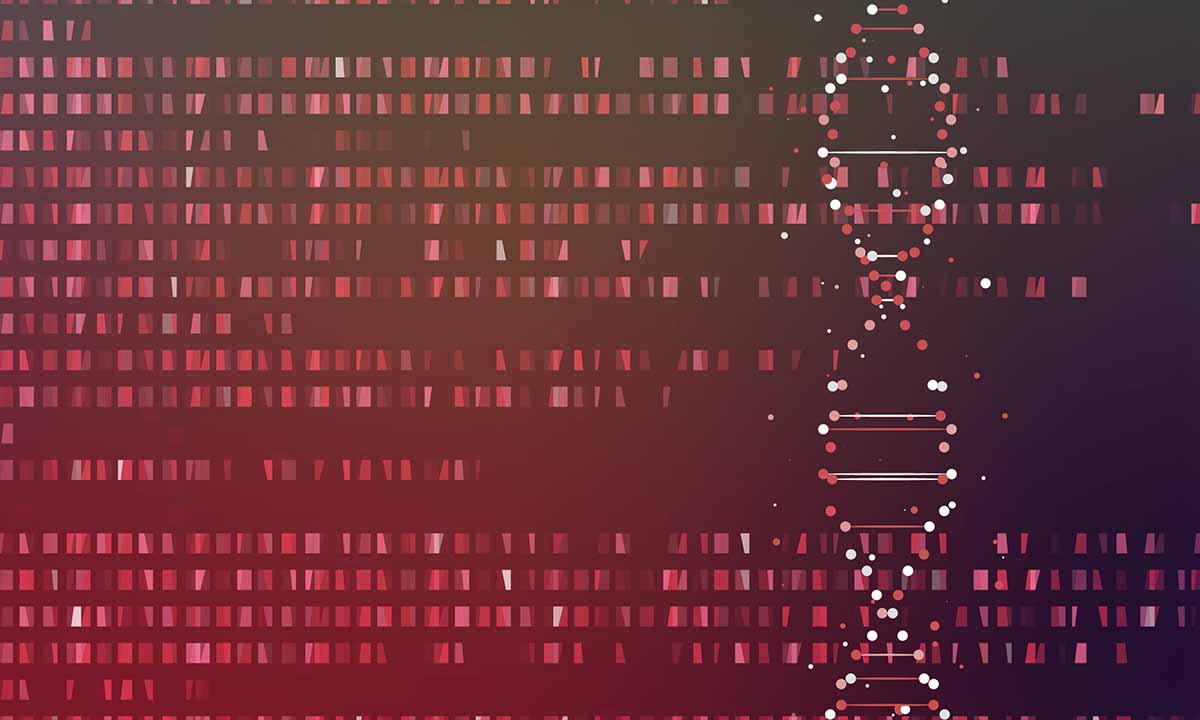
The American College of Medical Genetics and Genomics (ACMG) recommends whole exome and whole genome sequencing (WES/WGS) be considered as a first- or second-tier test for patients with congenital anomalies (CAs), developmental delay (DD), or intellectual disability (ID).
Laboratory testing should be considered as part of a comprehensive evaluation for individuals with suspected autism spectrum disorder (ASD), developmental delay (DD), and/or intellectual disability (ID). ARUP Laboratories provides high-quality, accurate tests to assist clinicians with decisions about treatment and management of these conditions.
ARUP Consult®, a free source of expert guidance on laboratory testing, has newly updated resources on testing for ASD, DD, and ID. The ARUP Consult Laboratory Testing for Developmental Delay, Intellectual Disability, and Autism Spectrum Disorder topic has been revised to include recommendations from the American College of Medical Genetics and Genomics (ACMG) that exome and genome sequencing be considered as a first- or second- tier test for patients with congenital anomalies (CAs), DD, or ID.
Whole genome sequencing (WGS) assesses nuclear DNA for sequence variants, and whole exome sequencing (WES) assesses the coding regions of nuclear genes for these variants. Additional testing by genomic microarray may be added to assess copy number variants (CNVs).
Technology continues to evolve, costs have continued to decline, and insurance coverage is increasingly more likely, factors that make WGS and WES more feasible. Both tests have shown clinical value in DD and ID, providing higher detection rates, helping to elucidate diagnoses, informing management, and determining risk of recurrence in future pregnancies.
Michelle Bosworth, MS, LCGC, ARUP genetic counselor, said, “For clinicians, this change makes it easier to order the right test at the right time, and for patients and their families, it shortens the diagnostic odyssey, especially for those with rare conditions. Plus, treatment or therapy could potentially start sooner because we will be able to provide answers more quickly.”
ARUP’s rapid WGS can provide answers to patients within seven days, and clinicians have access to the company’s genetic counselors and medical directors for assistance reviewing results.
“ARUP genetic counselors support optimal analysis by curating phenotypic information and promoting trio testing. When the results are complex or one result impacts another, we can also help interpret those results for the clinician,” said ARUP Genetic Counselor Sheila Upton, MGC, LCGC.
Additionally, the Consult topic highlights when chromosomal microarray (CMA) and fluorescence in situ hybridization (FISH) should be used as part of the evaluation of DD, ID, and ASD. The topic also explains when metabolic and/or mitochondrial disorder testing may be considered, and all of the testing recommendations are included in the newly revised algorithms, Testing for Genetic Syndromes Related to Developmental Delay (DD) and Intellectual Disability (ID) and Testing for Genetic Syndromes Related to Autism Spectrum Disorder (ASD).
ARUP Consult is a web-based laboratory test selection tool that provides point-of-care diagnostic and interpretive information to clinicians. A free educational resource, it is funded entirely by ARUP Laboratories. ARUP medical directors, who are active faculty members at the Spencer Fox Eccles School of Medicine at the University of Utah and its Department of Pathology, review and contribute to the content on ARUP Consult.
Users may subscribe to receive monthly emails about updates and additions to ARUP Consult. ARUP also welcomes feedback and suggestions via the Feedback page on arupconsult.com.
Bonnie Stray, bonnie.stray@aruplab.com
















